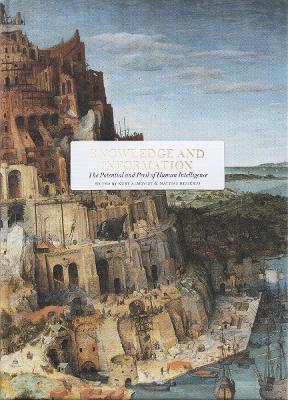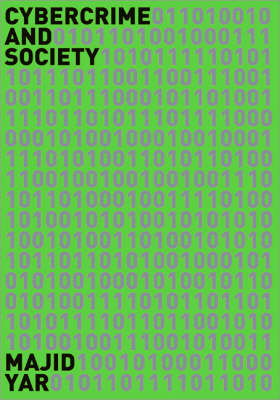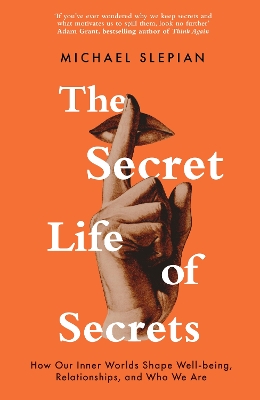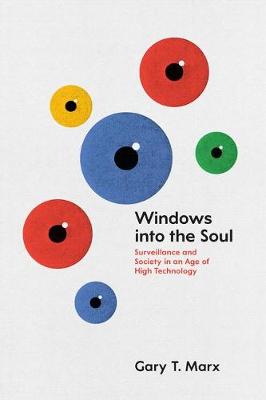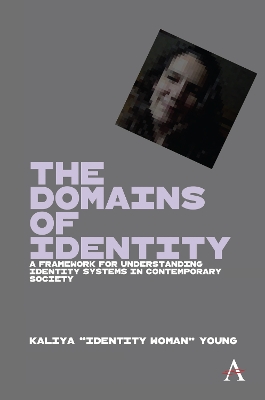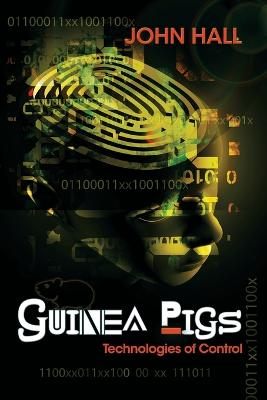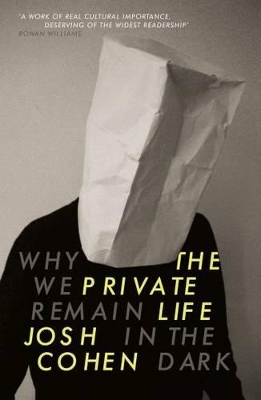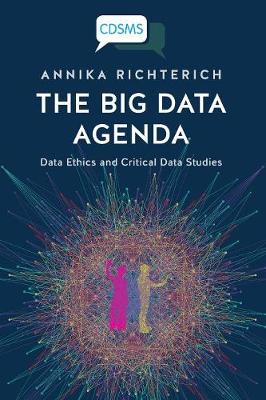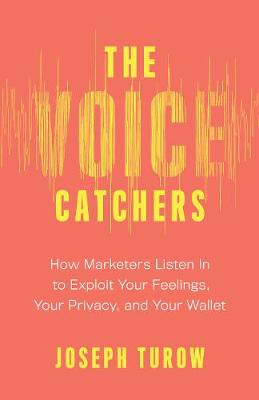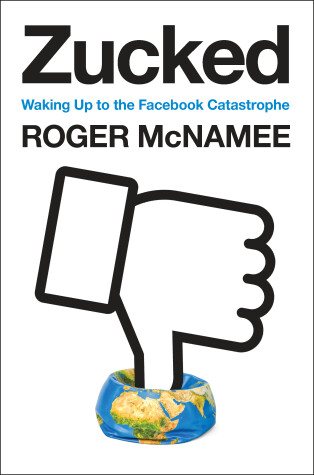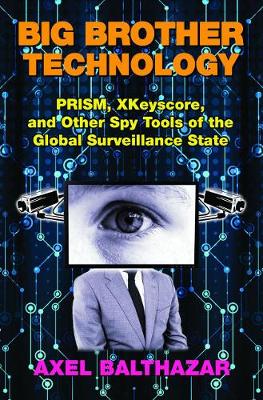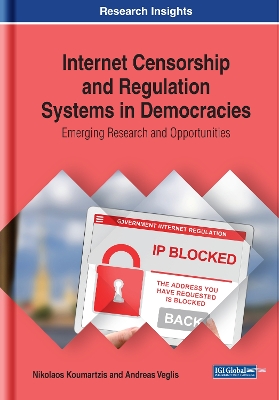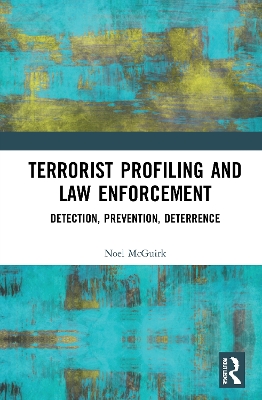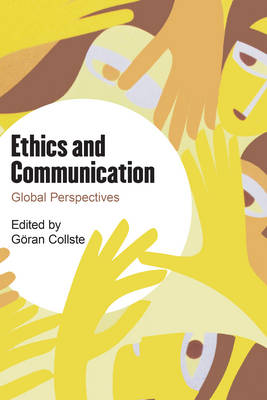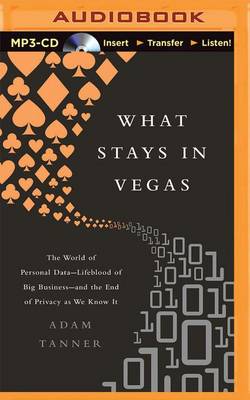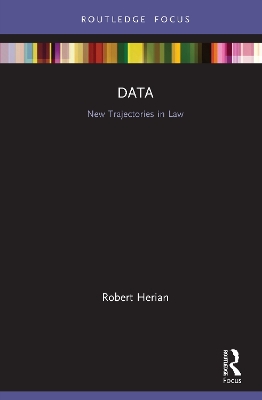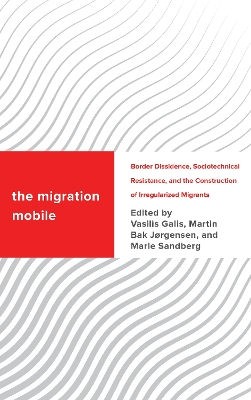*ONE OF 40 BOOKS FOR SUMMER* 'gripping'- iNews'A panoramic thriller ...chockful of vivid characters.' - THE SUNDAY TIMES'An intriguing, timely and unsettling new thriller' - SAM BOURNE'Exhilarating and beautiful' - AMOL RAJAN'Catapults you from first word to last... pacy, sinister and timely read.' - ALAN JUDD'Another page-turner from a writer who can take you into gripping worlds, real and virtual.' MISHAL HUSAIN 'A terrific thriller - vivid, quick-witted and dynamic, crackling with energy,...
'Criminology has been rather slow to recognise the importance of cyberspace in changing the nature and scope of offending and victimisation, and a comprehensive introductory textbook on cybercrime and its social implications is long overdue. One of the many strengths of Majid Yar's book is that it avoids 'techy' jargon and unites criminological and sociological perspectives in discussions of cybercrime, cyber-deviance and cyber-freedoms. Yar successfully de-mystifies a subject that causes many...
'If you've ever wondered why we keep secrets and what motivates us to spill them, look no further' Adam Grant, #1 New York Times bestselling author of Think AgainAn eye-opening look at why we keep the secrets we keep, how to better understand and cope with them, and when (and how) we should bring them to light.Think of a secret that you're keeping from others. It shouldn't take long. Psychologist Michael Slepian finds that, on average, we are keeping as many as thirteen secrets at any given time...
We live in an age saturated with surveillance. Our personal and public lives are increasingly on display for governments, merchants, employers, hackers--and the merely curious--to see. In Windows into the Soul, Gary T. Marx, a central figure in the rapidly expanding field of surveillance studies, argues that surveillance itself is neither good nor bad, but that context and comportment make it so. In this landmark book, Marx sums up a lifetime of work on issues of surveillance and social contro...
An accessible guide that breaks down the complex issues around mass surveillance and data privacy and explores the negative consequences it can have on individual citizens and their communities. No one is exempt from data mining: by owning a smartphone, or using social media or a credit card, we hand over private data to corporations and the government. We need to understand how surveillance and data collection operates in order to regain control over our digital freedoms—and our lives. Attorn...
The Domains of Identity (Anthem Ethics of Personal Data Collection)
by Kaliya Young
“The Domains of Identity” defines sixteen simple and comprehensive categories of interactions which cause personally identifiable information to be stored in databases. This research, which builds on the synthesis of over 900 academic articles, addresses the challenges of identity management that involve interactions of almost all people in almost all institutional/organizational contexts. Enumerating the sixteen domains and describing the characteristics of each domain clarifies which problems...
The war over private life spreads inexorably. Some seek to expose, invade and steal it, others to protect, conceal and withhold it. Either way, the assumption is that privacy is a possession to be won or lost. But what if what we call private life is the one element in us that we can't possess? Could it be that we're so intent on taking hold of the privacy of others, or keeping hold of our own only because we're powerless to do either? In this groundbreaking book, Josh Cohen uses his experience...
The Big Data Agenda (Critical Digital and Social Media Studies)
by Annika Richterich
"This book highlights that the capacity for gathering, analysing, and utilising vast amounts of digital (user) data raises significant ethical issues. Annika Richterich provides a systematic contemporary overview of the field of critical data studies that reflects on practices of digital data collection and analysis. The book assesses in detail one big data research area: biomedical studies, focused on epidemiological surveillance. Specific case studies explore how big data have been used in aca...
Your voice provides biometric data. How are marketers using it to manipulate you? "[Dr. Turow ] is encouraging policymakers and the public to do something I wish we did more often: Be careful and considerate about how we use a powerful technology before it might be used for consequential decisions."-Shira Ovide, New York Times Only three decades ago, it was inconceivable that virtually entire populations would be carrying around wireless phones wherever they went, or that peoples' exact locat...
The New York Times bestseller about a noted tech venture capitalist, early mentor to Mark Zuckerberg, and Facebook investor, who wakes up to the serious damage Facebook is doing to our society - and sets out to try to stop it. If you had told Roger McNamee even three years ago that he would soon be devoting himself to stopping Facebook from destroying our democracy, he would have howled with laughter. He had mentored many tech leaders in his illustrious career as an investor, but few things ha...
You've heard the stories about the dark side of the internet--hackers, #gamergate, anonymous mobs attacking an unlucky victim, and revenge porn--but they remain just that: stories. Surely these things would never happen to you.Zoe Quinn used to feel the same way. She is a video game developer whose ex-boyfriend published a crazed blog post cobbled together from private information, half-truths, and outright fictions, along with a rallying cry to the online hordes to go after her. They answered i...
Journalists and Confidential Sources (Routledge Research in Journalism)
by Joseph M Fernandez
Journalists and Confidential Sources explores the fraught and widespread reliance by journalists on anonymous sources, whistleblowers, and others to whom they owe an obligation of confidentiality. It examines the difficulties afflicting such relationships; analyses the deteriorating "right to know" and freedom of expression frameworks; and explores solutions and reforms. The book discusses key Australian and international source protection ethics rules, statutes, court cases, law enforcement ac...
As the internet has been regulated from its conception, many widespread beliefs regarding internet freedom are actually misconceptions. Additionally, there are already two main categories of internet regulation systems in use: the open and the silent IRSs. Unexpectedly, the former are quite popular among authoritarian regimes, while the latter are implemented mainly in Western democracies. Many IT experts and media analysts criticize Western governments' choice to use a silent IRS, expressing th...
This book analyses the usefulness of terrorist profiling utilised by law enforcement officers as a pre-emptive means to assist them in the detection, prevention and deterrence of terrorism and/or its preparatory activities. It explores two main themes arising from the phenomenon of terrorist profiling: the lawfulness of terrorist profiling and the utility of profiling. These two themes are explored in three separate parts. Firstly, the book begins by drawing upon human rights concerns arising f...
How can ethics be communicated in an age of globalisation? Is it possible to overcome cultural differences and agree on common values and principles that cross cultural borders? How does globalisation challenge ethics and established moral traditions? How are human rights justified in a global context? This timely collection of essays responds directly to these questions. An international team of contributors pursue issues in ethics, information and communication that include both the classical...
This book explores the phenomenon of data – big and small – in the contemporary digital, informatic and legal-bureaucratic context. Challenging the way in which legal interest in data has focused on rights and privacy concerns, this book examines the contestable, multivocal and multifaceted figure of the contemporary data subject. The book analyses "data" and "personal data" as contemporary phenomena, addressing the data realms, such as stores, institutions, systems and networks, out of which...
The Migration Mobile (Challenging Migration Studies)
The Migration Mobile offers an account of the very different technologies implicated in border crossing and migration management. Borders have been sites of contestations and struggles over who belongs and who does not, who is and is not allowed to move freely in transnational or national spaces. Embedded as they are in the bordering process, policing and security practices produce the irregularity and illegitimacy of the migrating subject. At the same time, border practices simultaneously imply...


